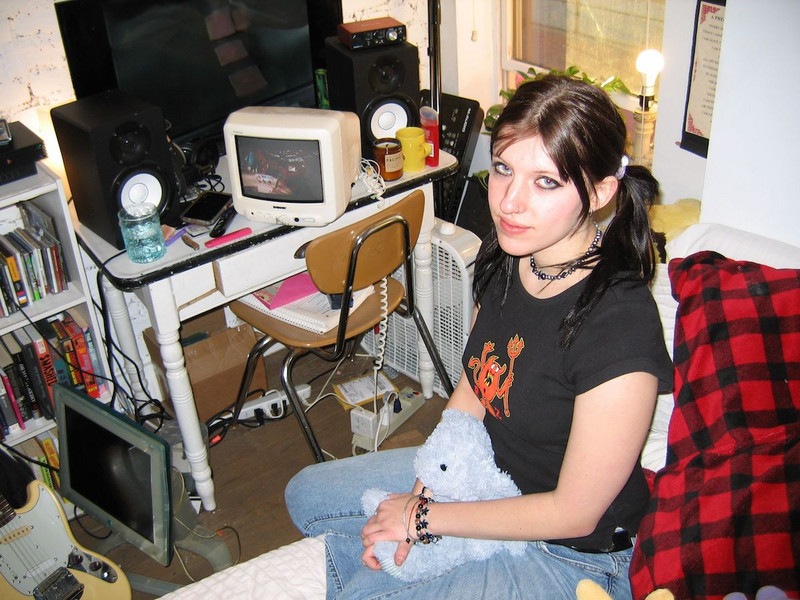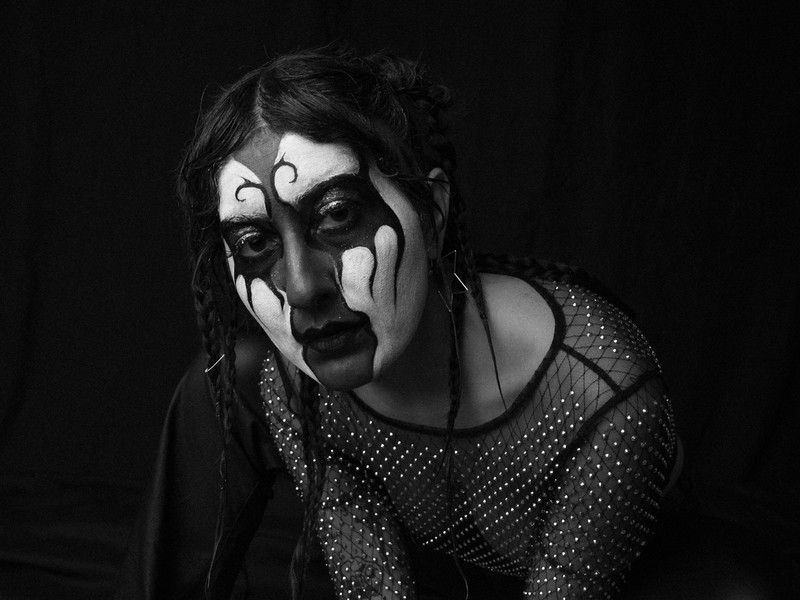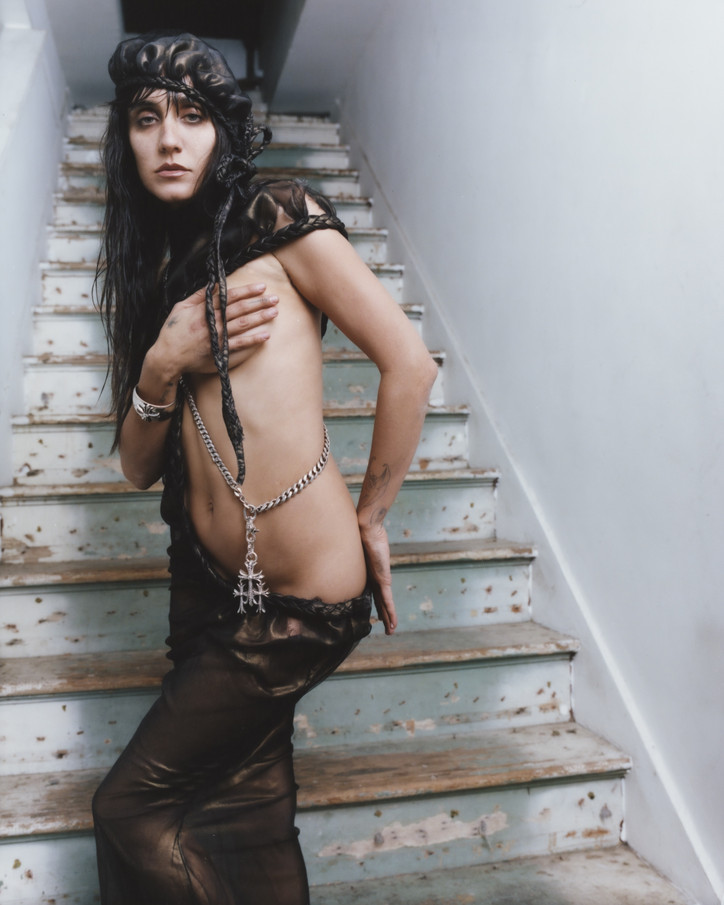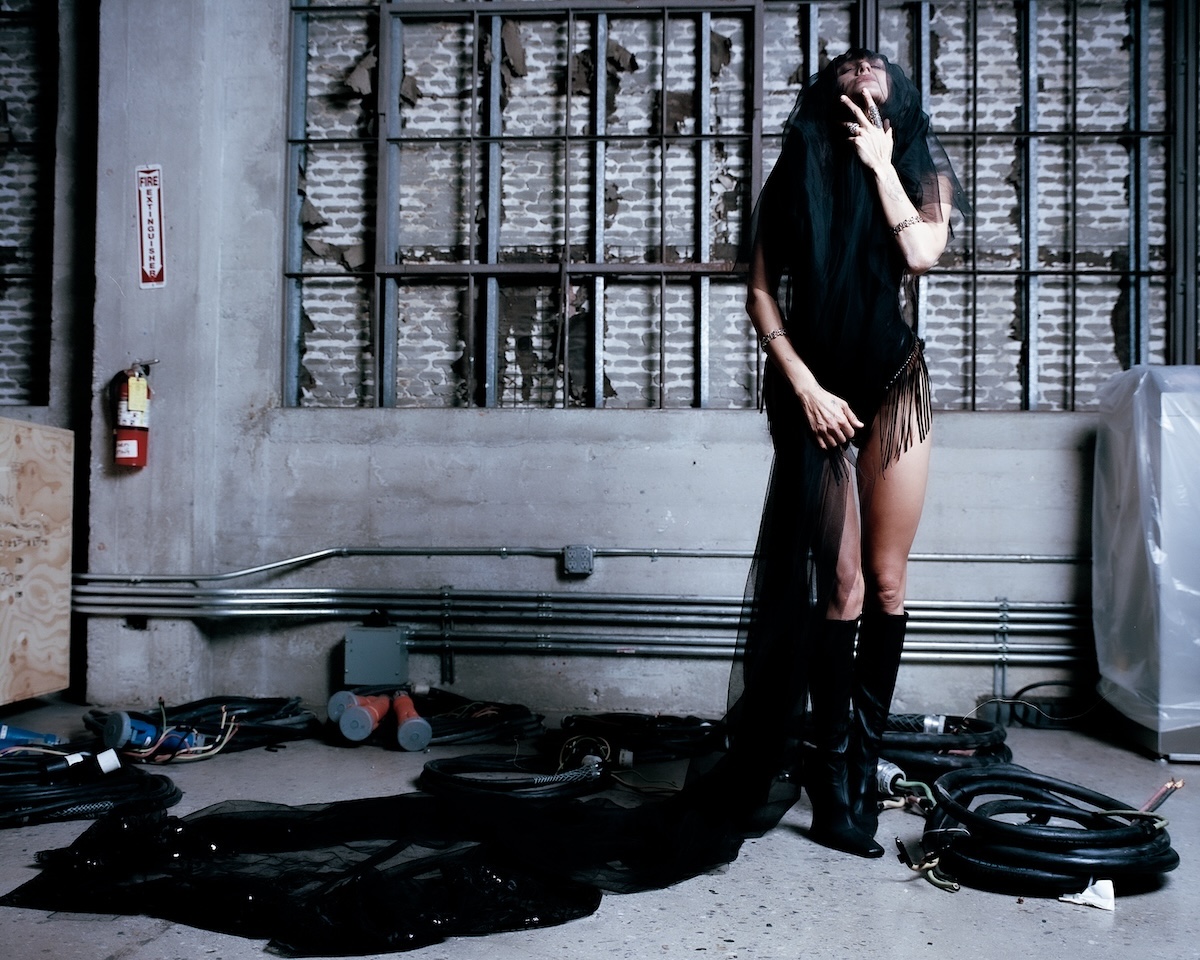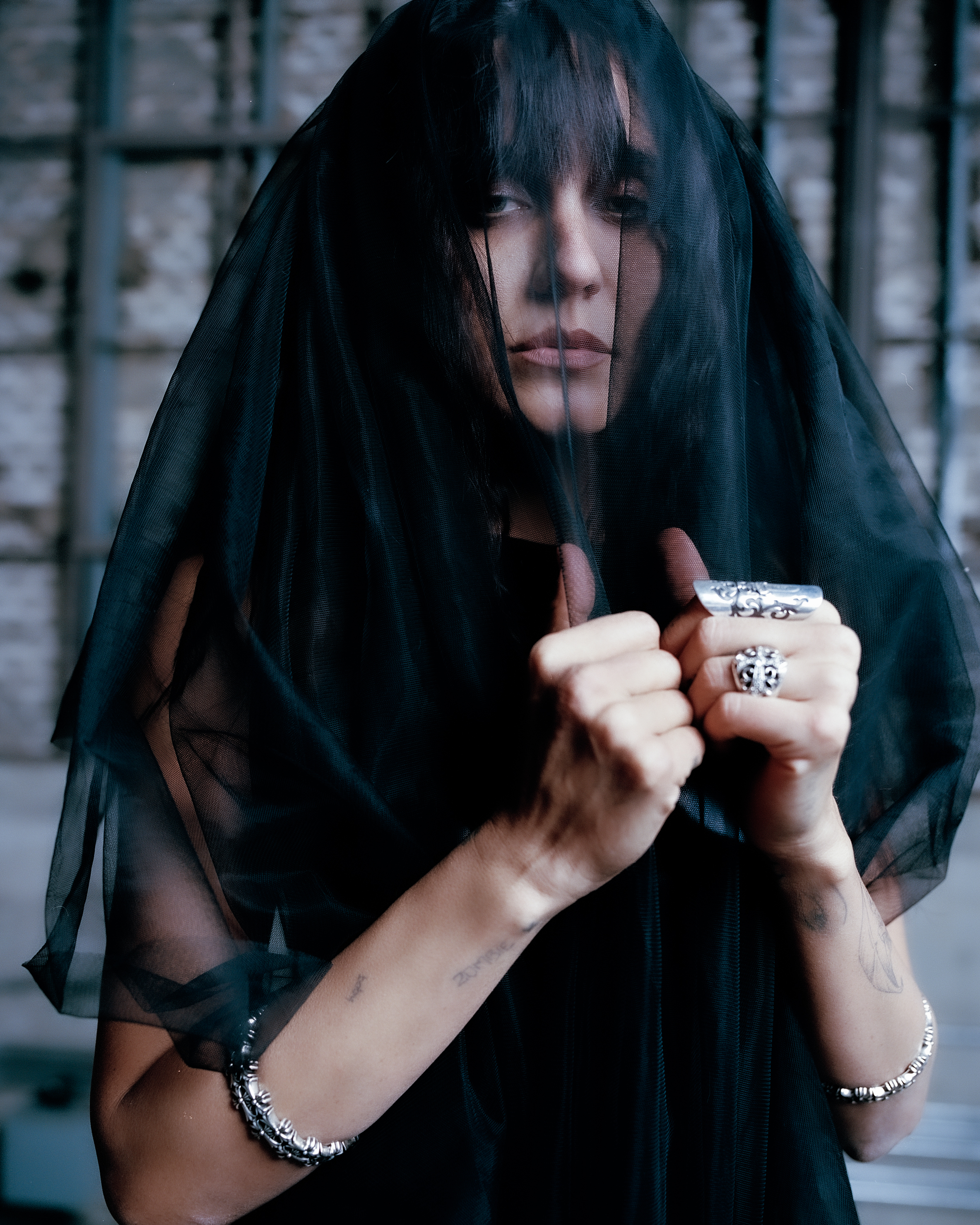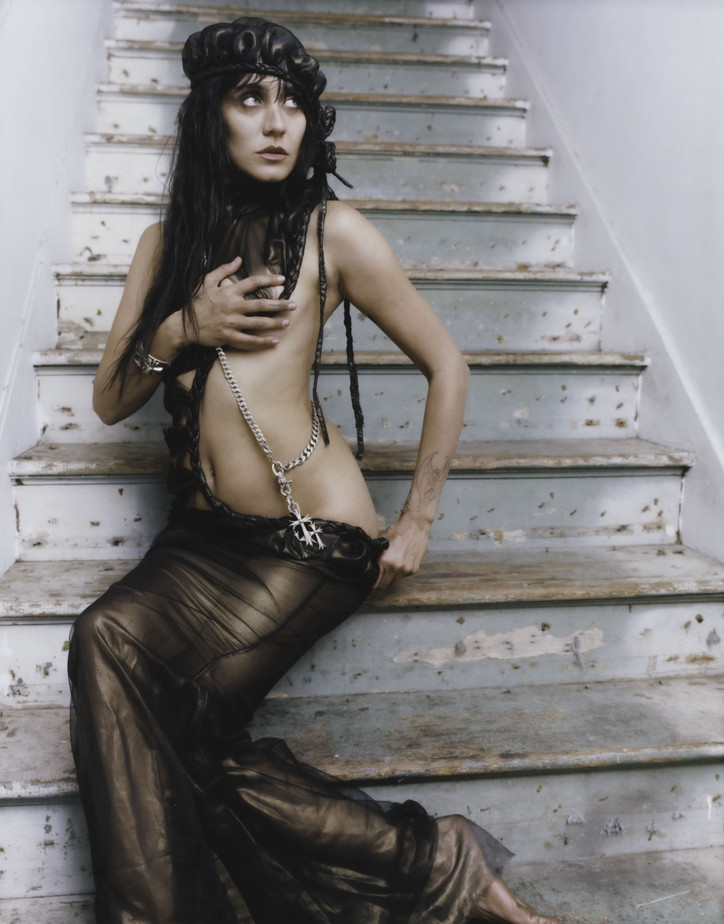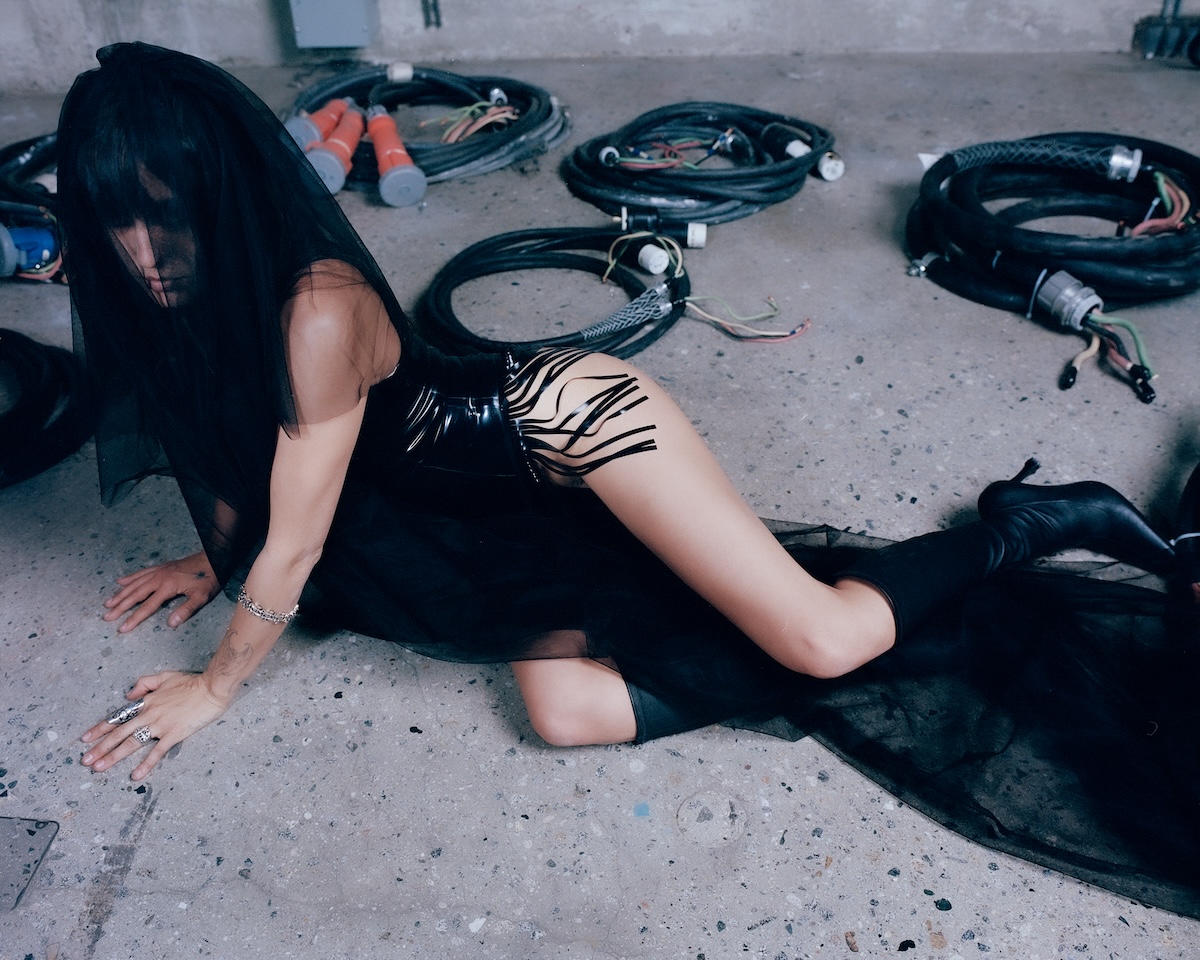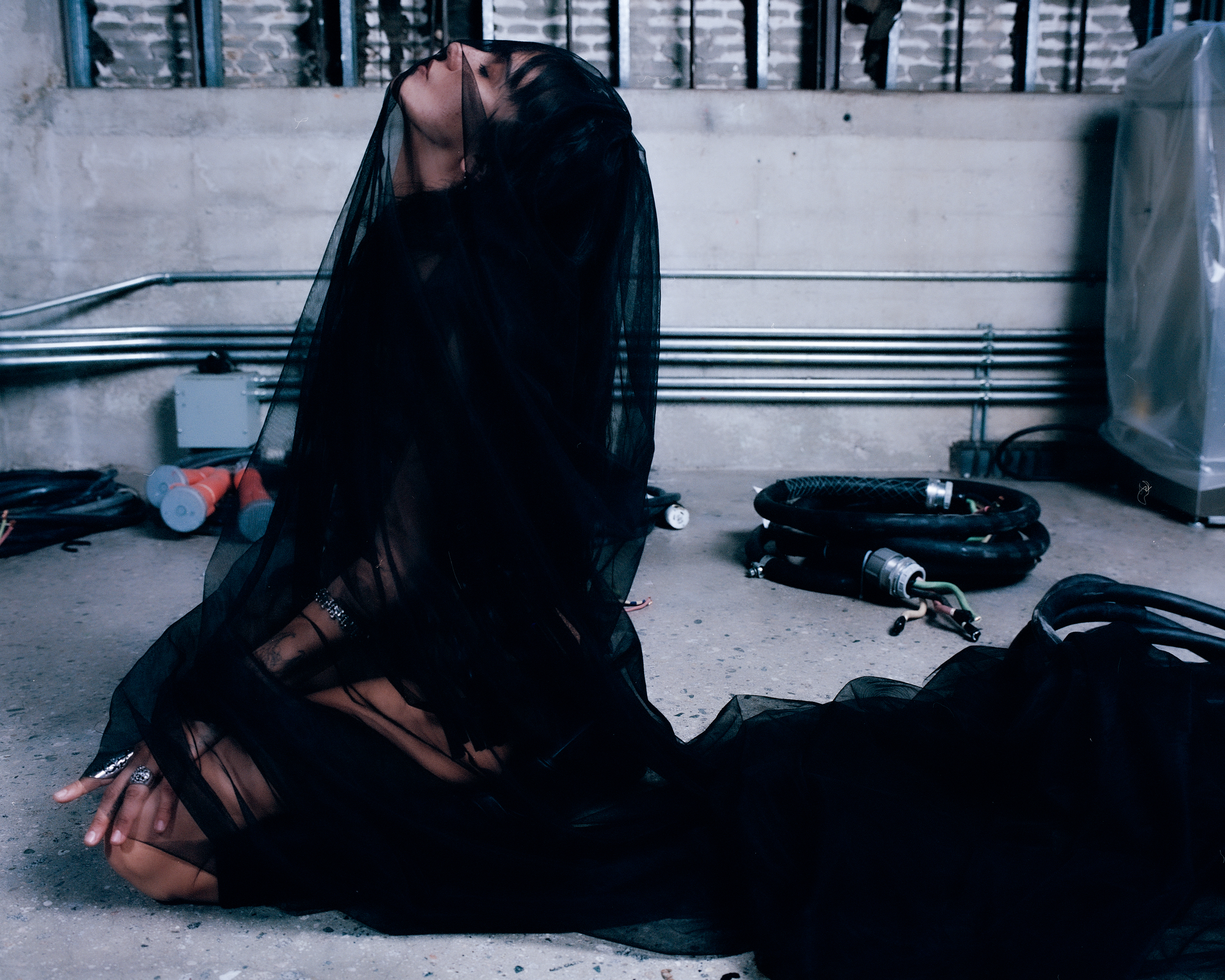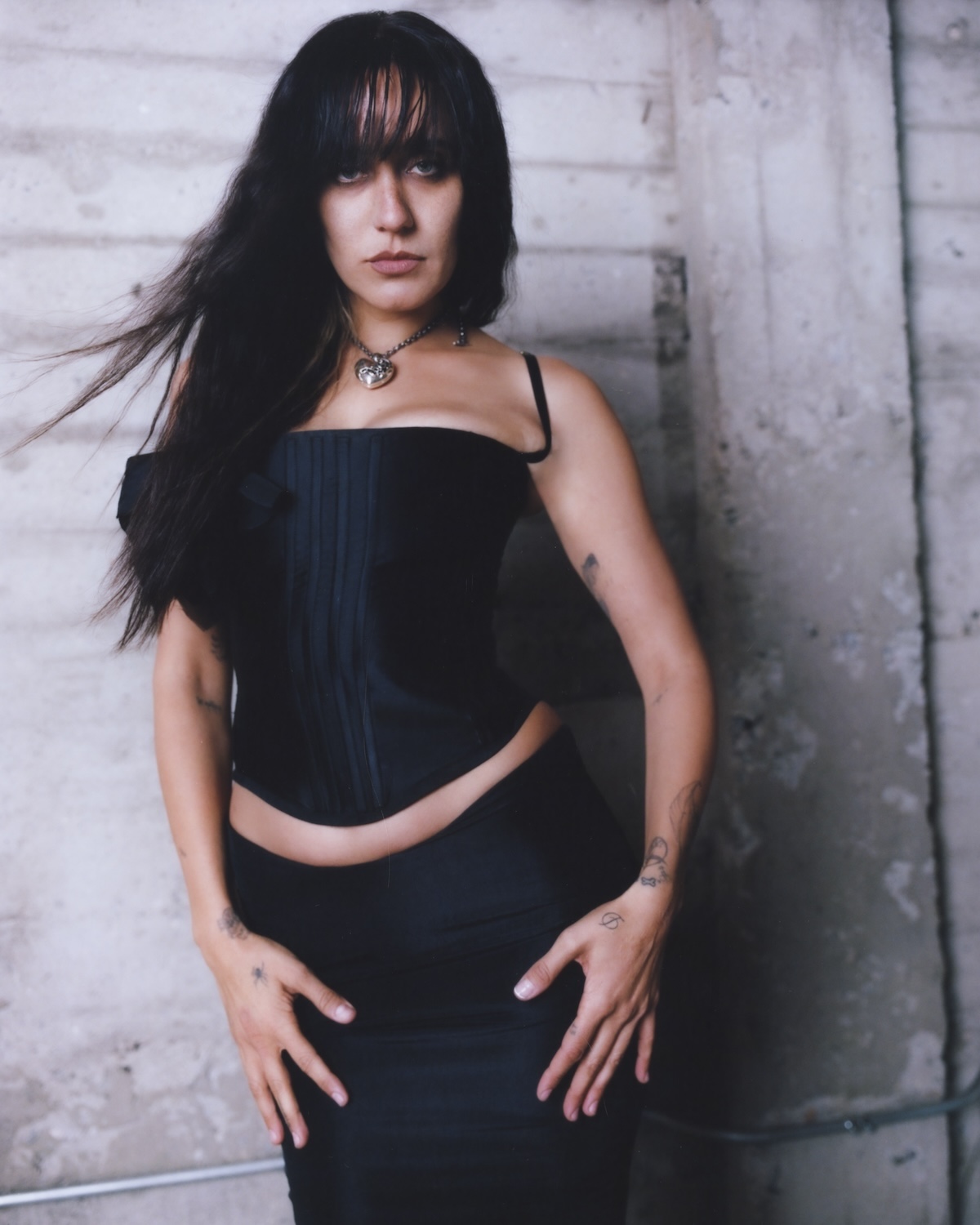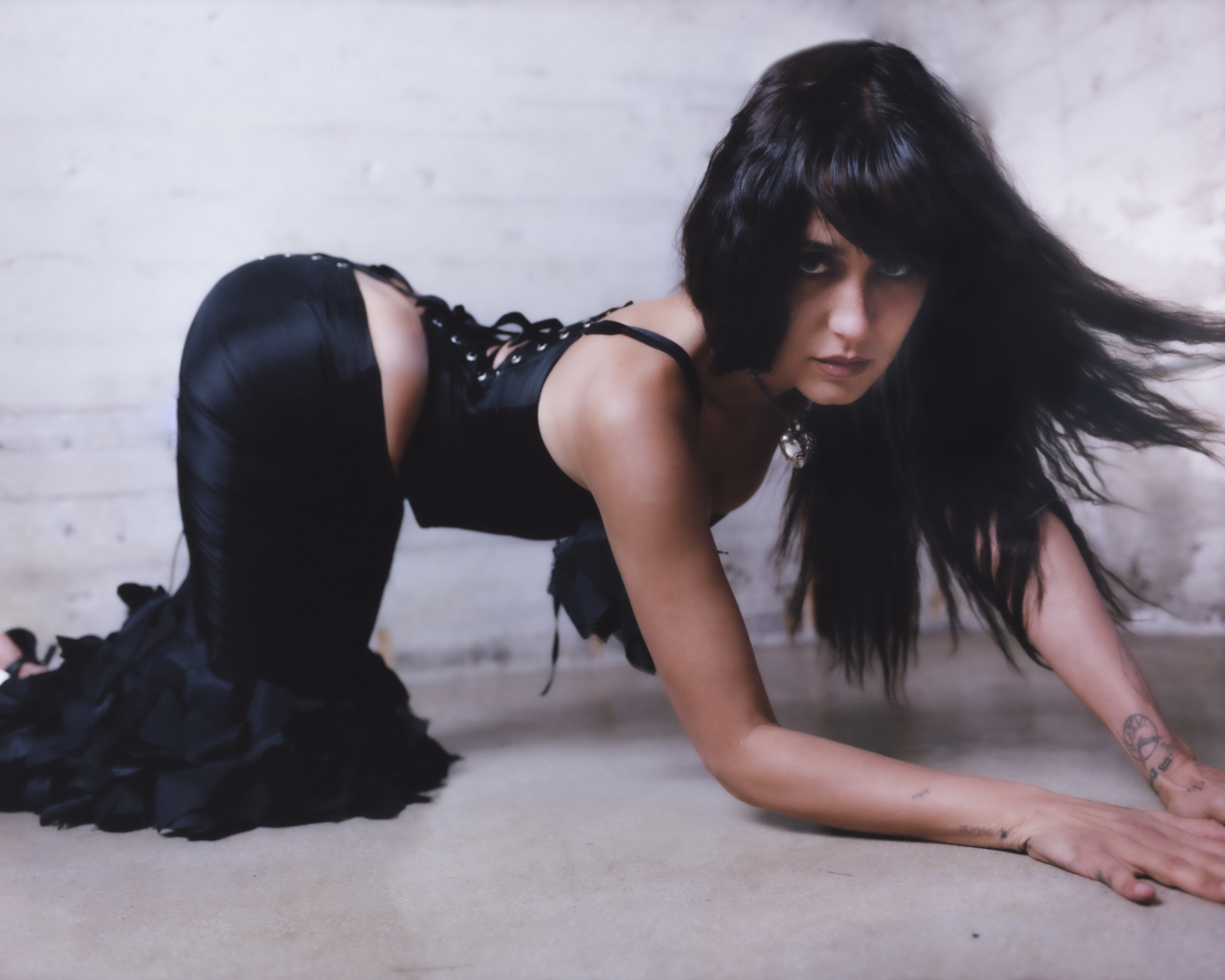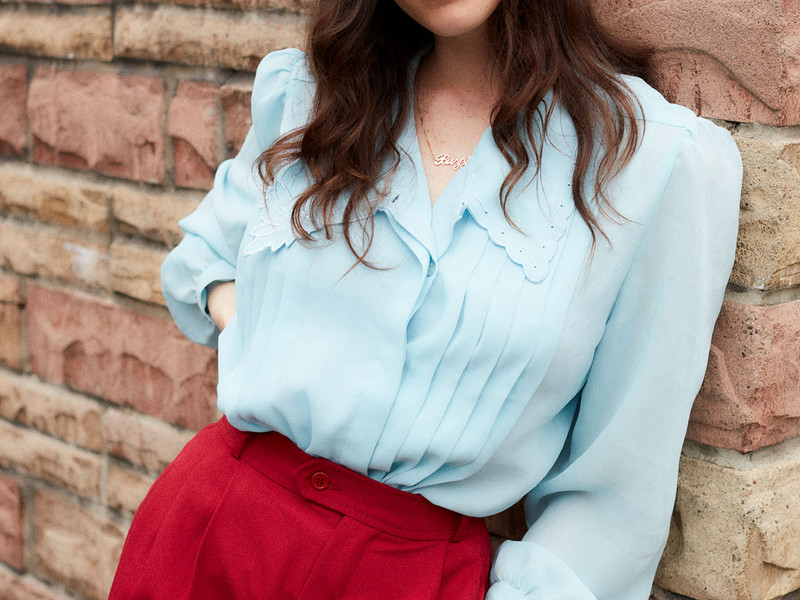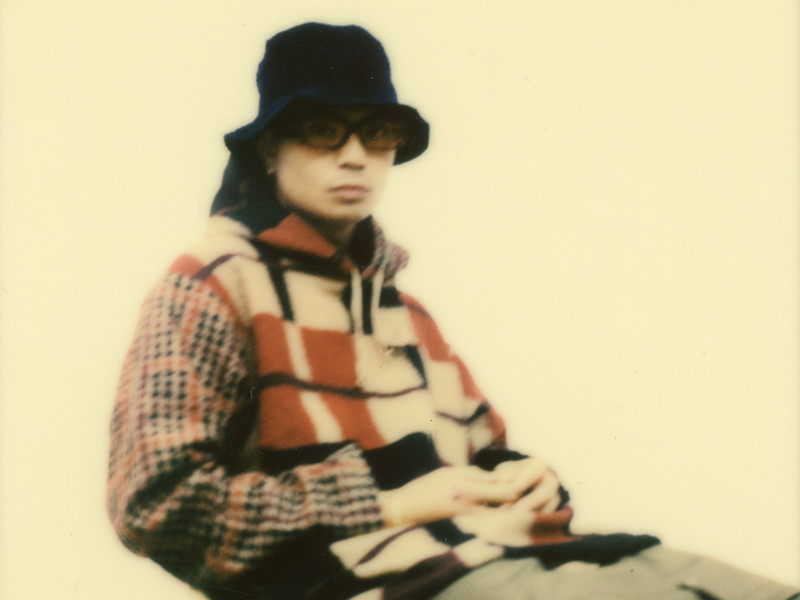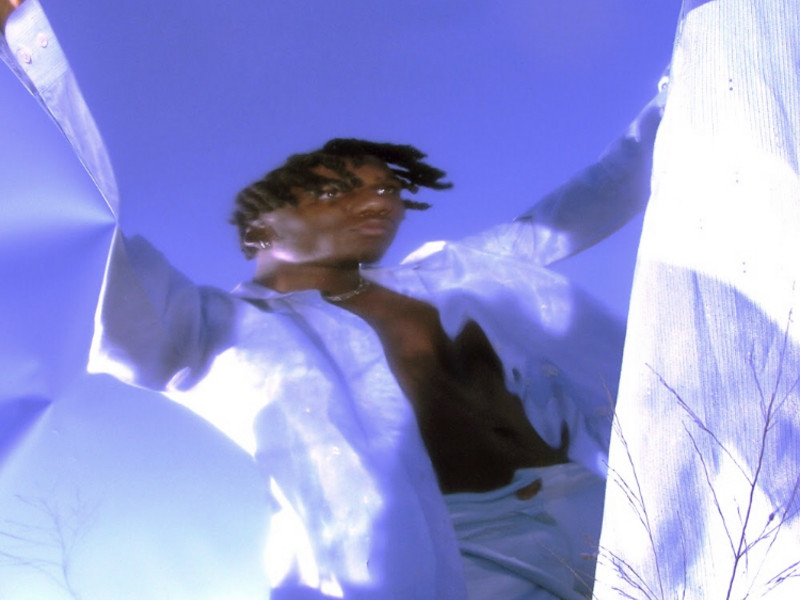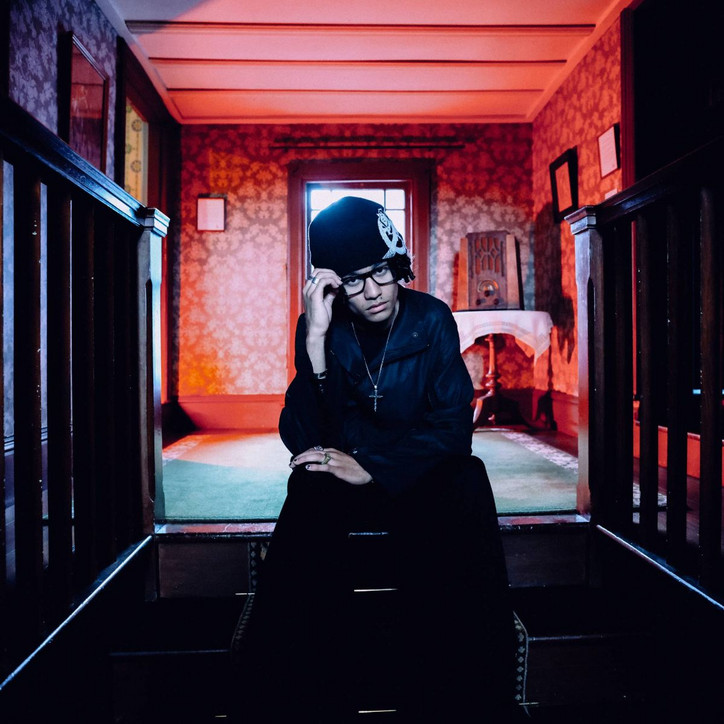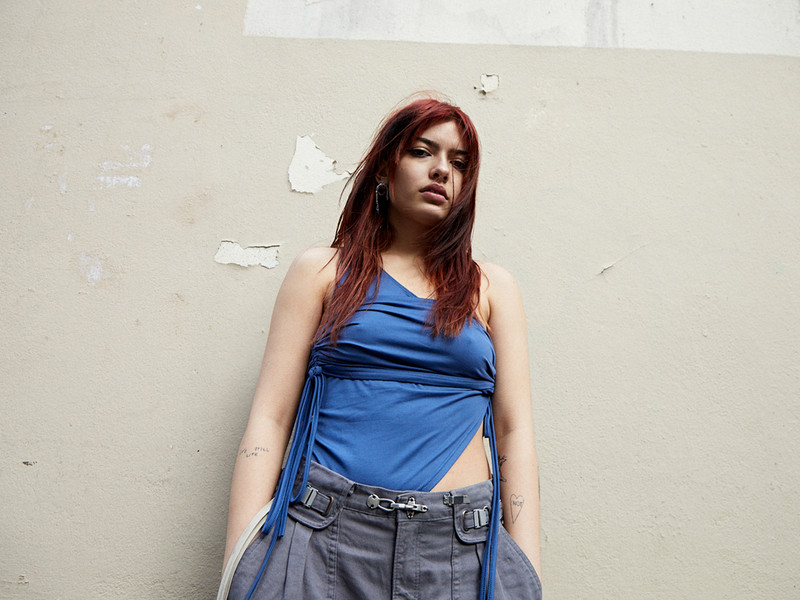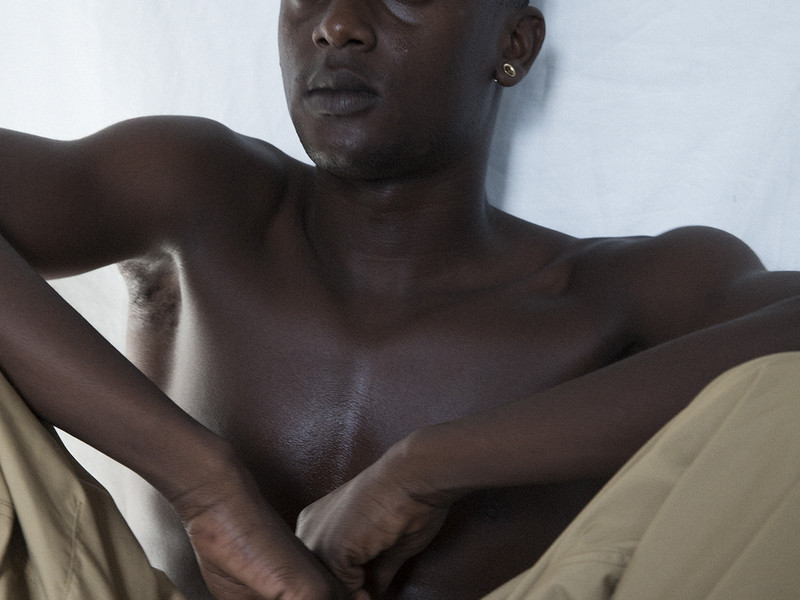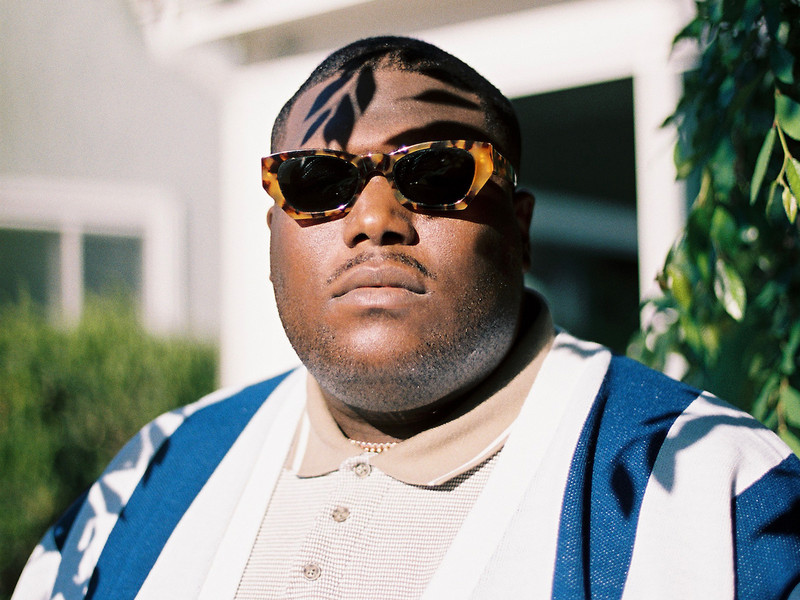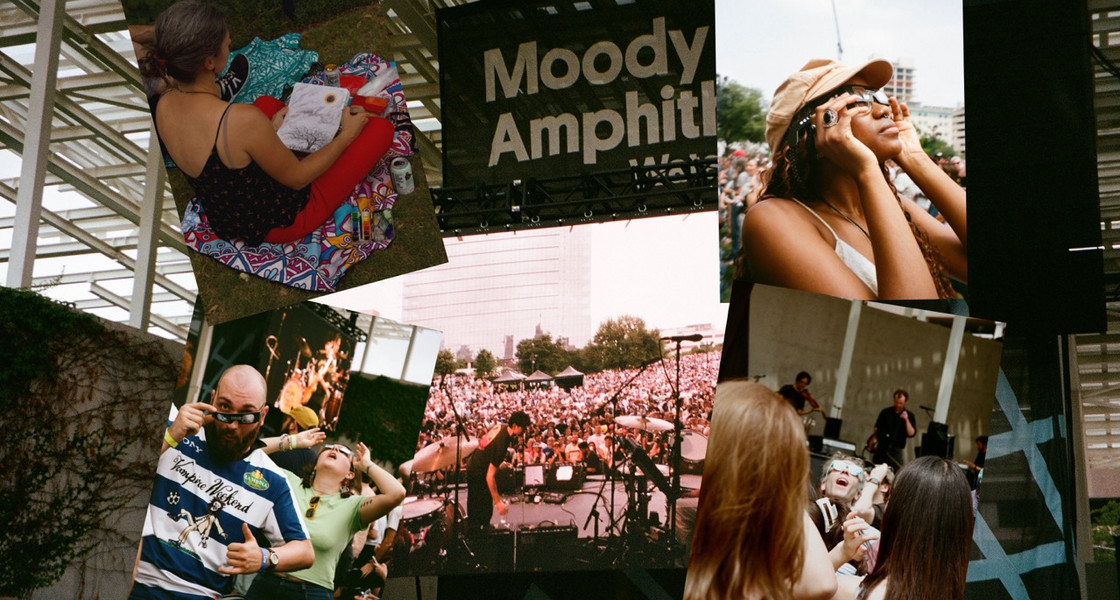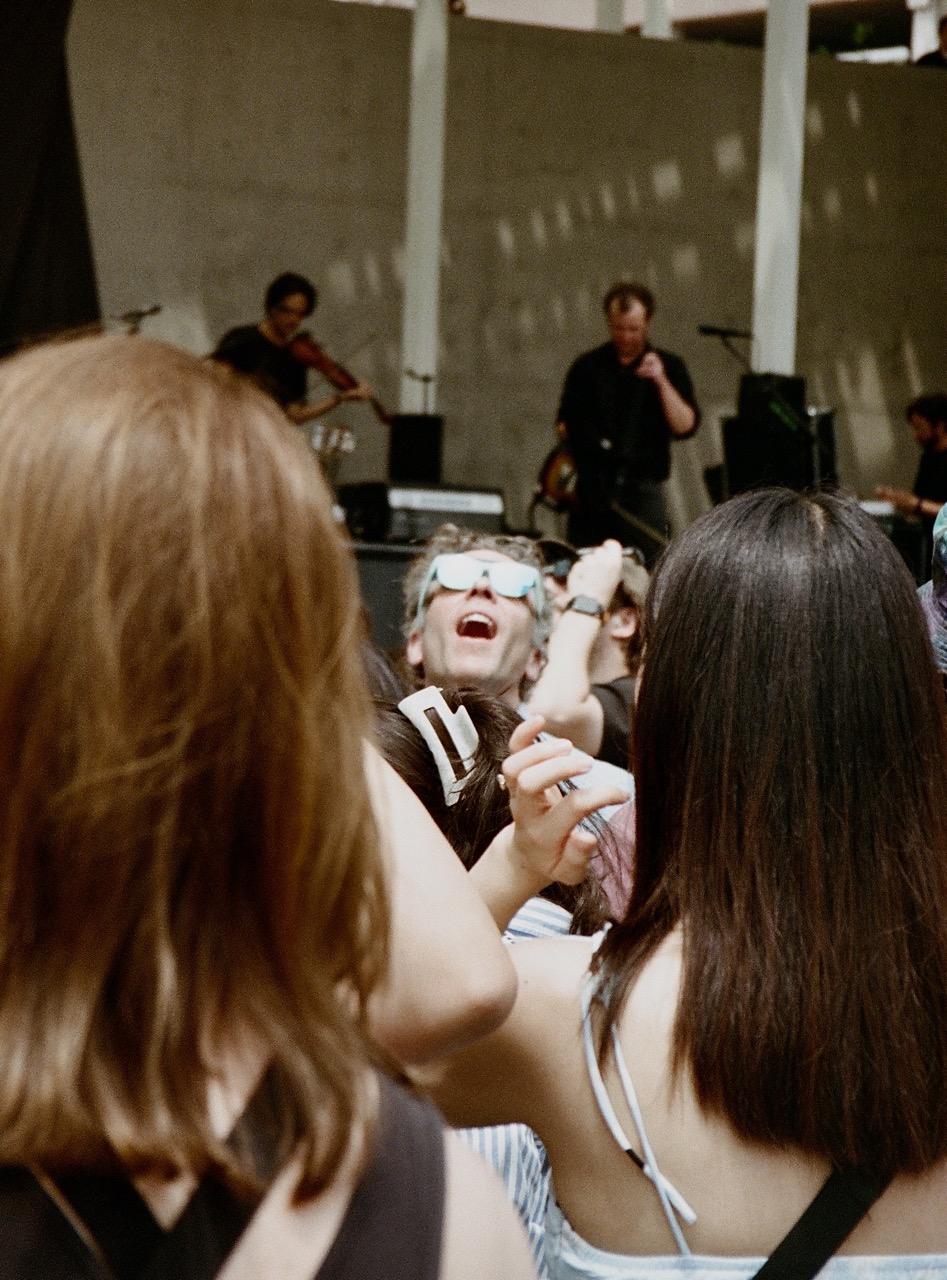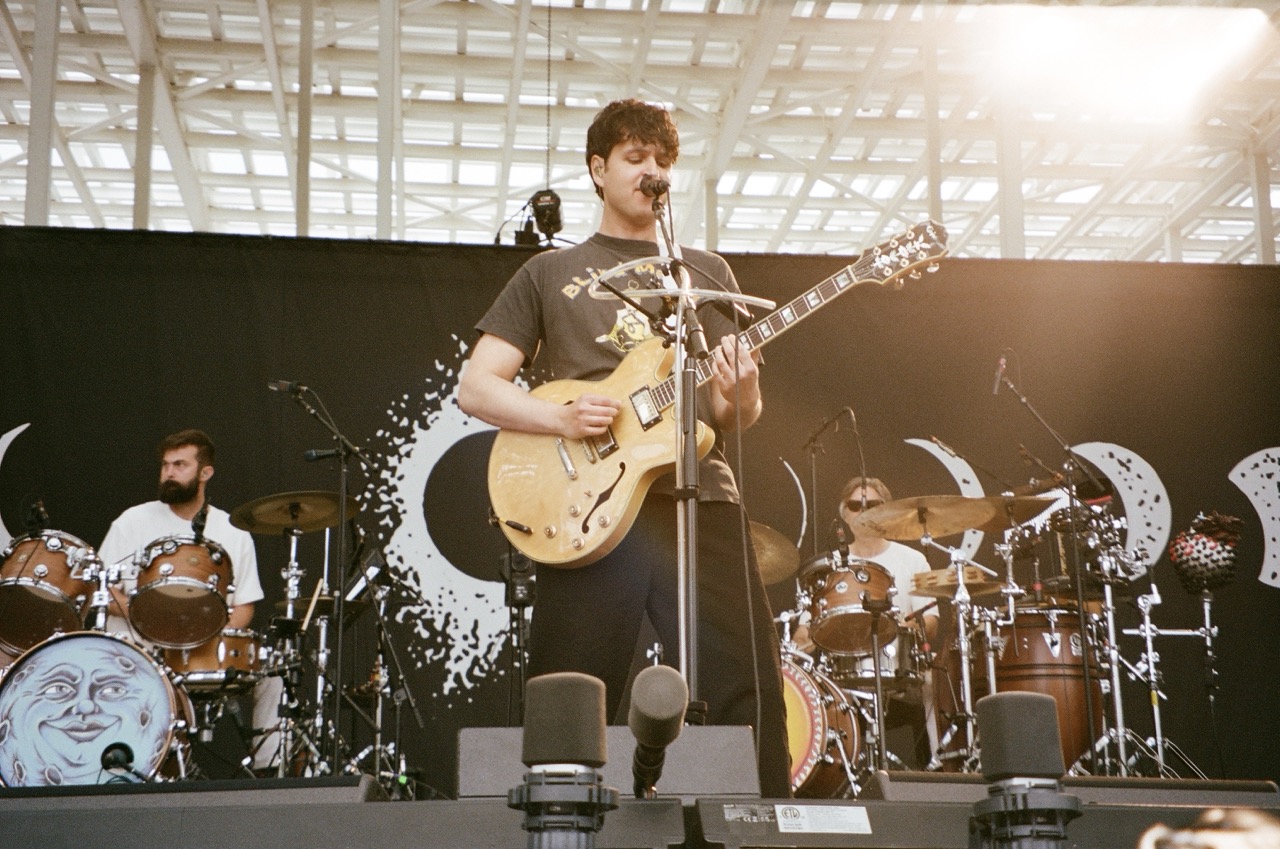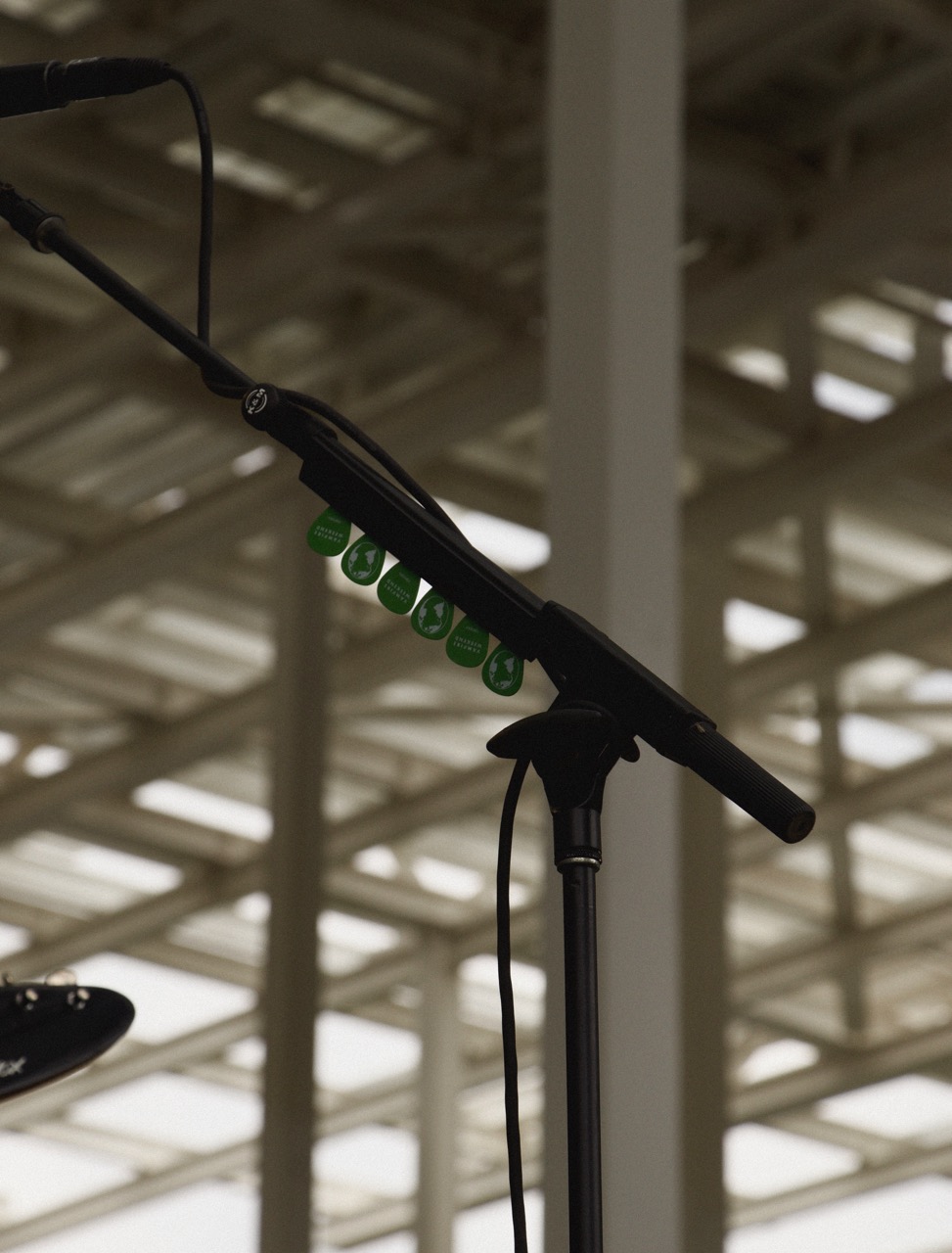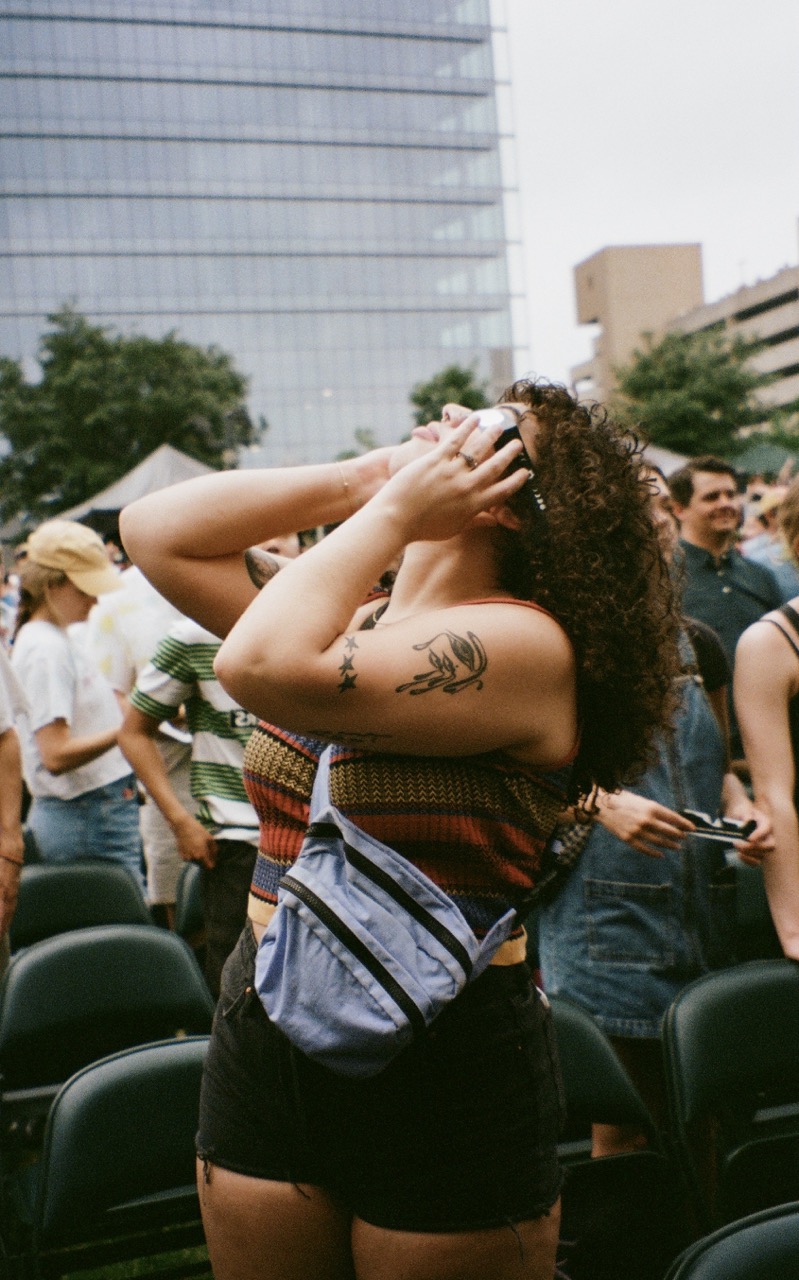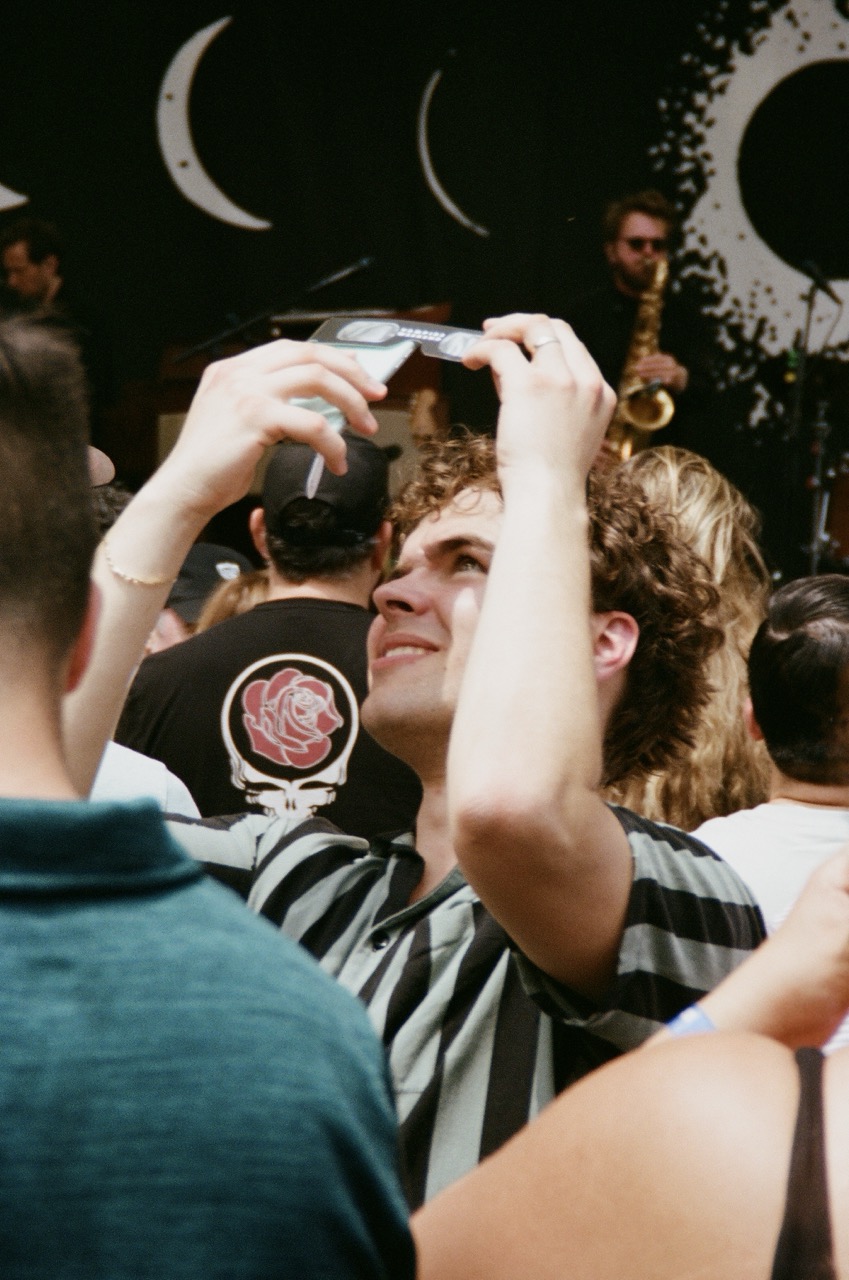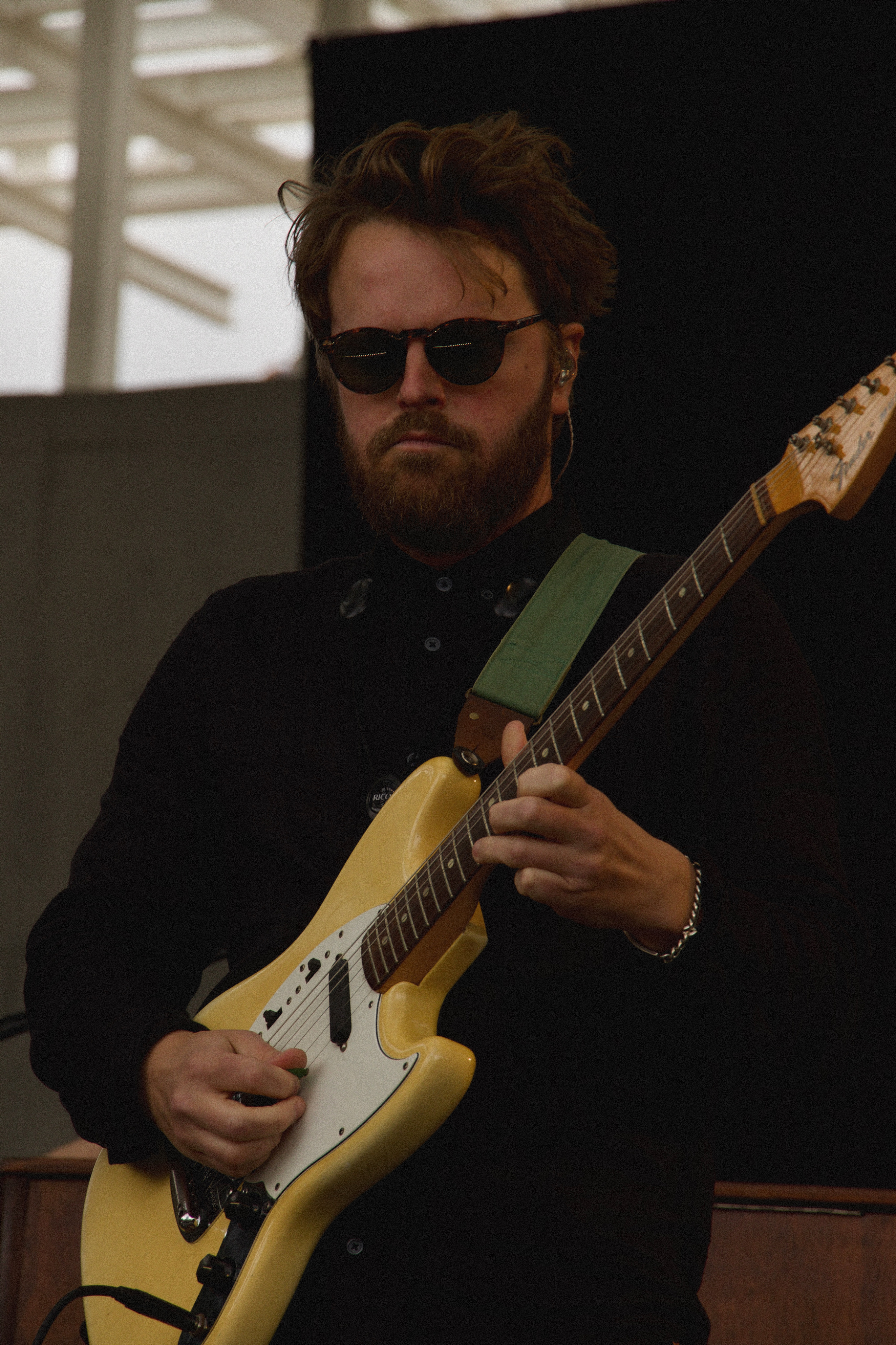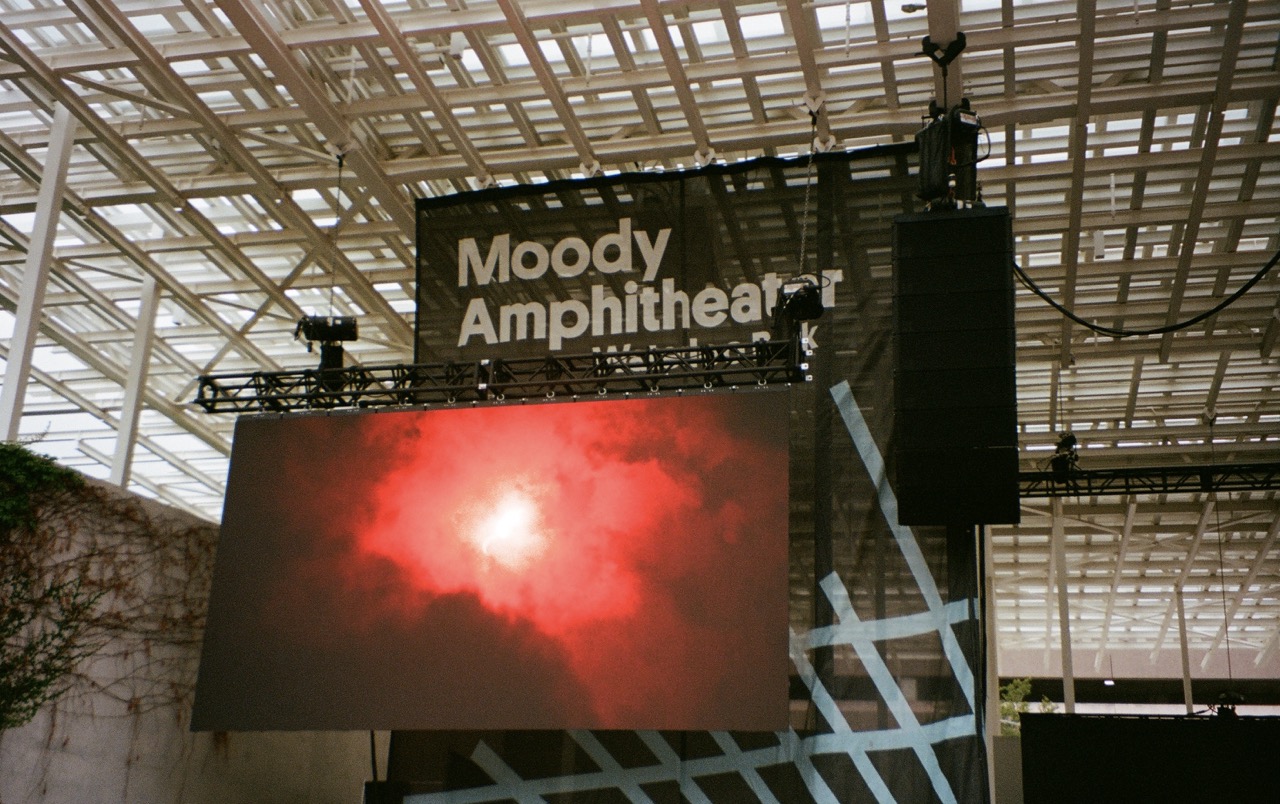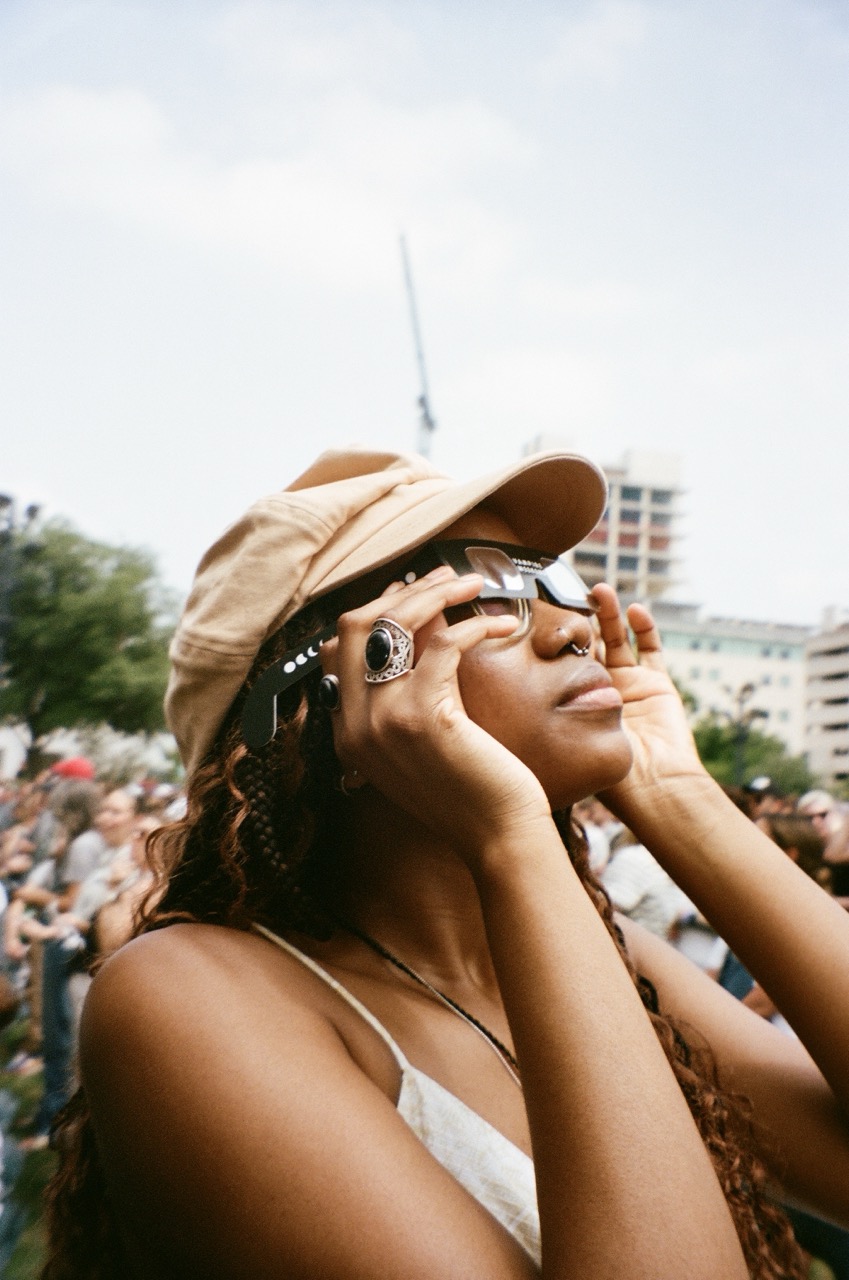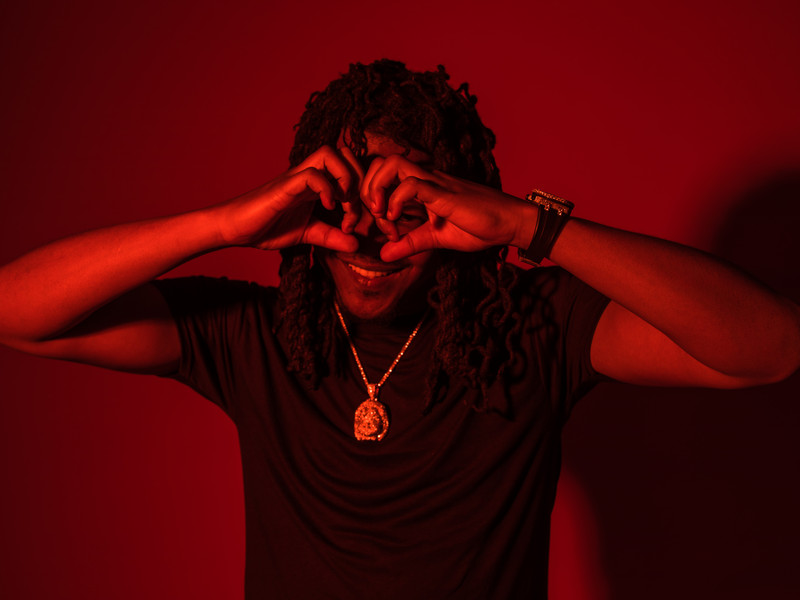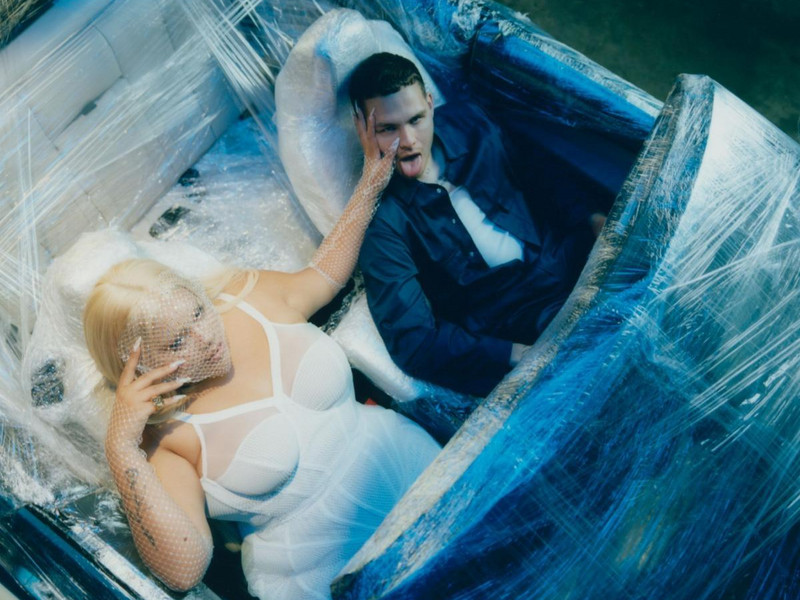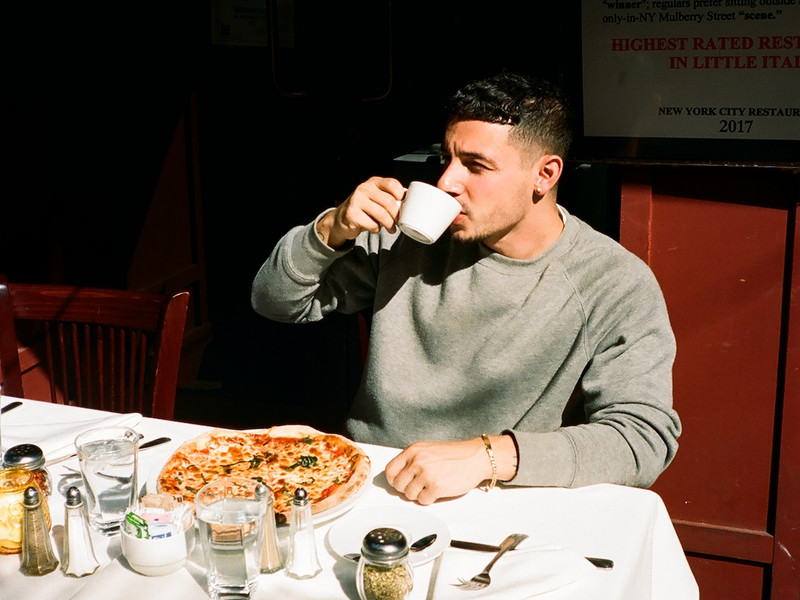Learning to Fly
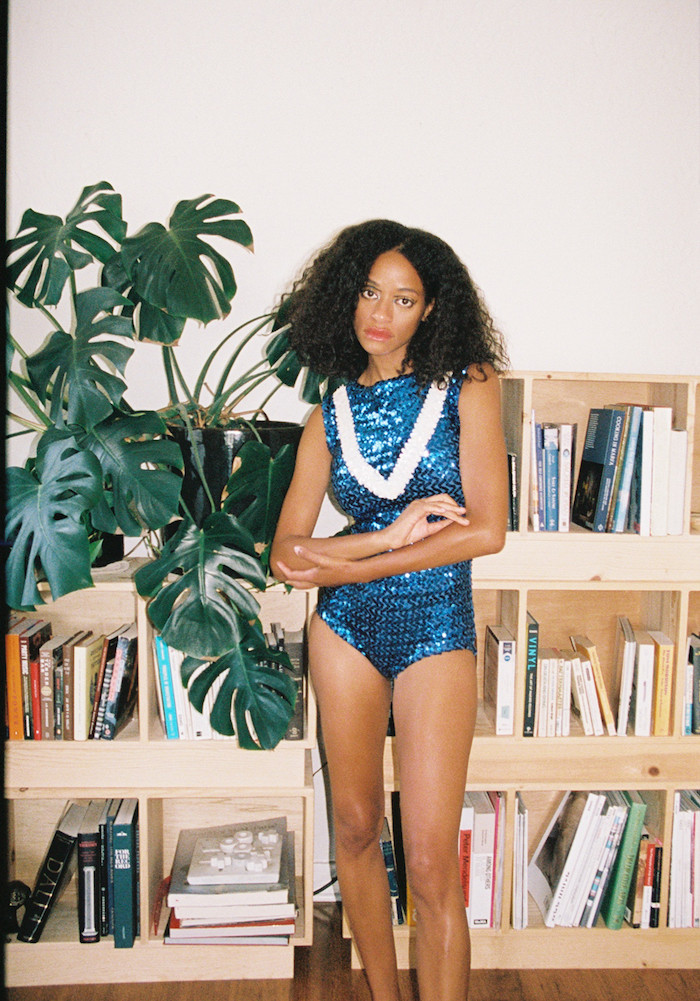
office spoke with Kish below on her new album and the Deluxe version recently dropped, trailblazing in her craft, and what the American Dream really means, below.
You’ve been making music since 2012. How have you grown or transformed since Kool Kats Klub and your debut EP, Homeschool?
I've grown in terms of subject matter and genre and just ability in general. I think when I first started, I didn't sing at all — I would just kind of whisper songs. My craft has become more of a multi-medium practice as well. When I first started it was just songs, but then I started to take on more unique themes around the projects and then integrated visuals and installation work. And then I think my relationship with music changed. When I first started, I wasn't that versed in the music industry itself. So I think throughout my career I tried a lot of different things that were expected of me as a music artist. Now my career has shifted into something that's a little bit more catered to me specifically. I've had a career that's a little bit off the beaten path.
While we're discussing your upbringing, I know you were based in Florida growing up, and then you spent some time in New York as an adult. What do you feel you learned or what were some valuable lessons the city taught you?
I moved to New York when I was 18, so I feel like I pretty much became an adult in New York. It was super formative for me and feels like a place where I was exposed to a lot of different musical styles and different kinds of people. And Florida, or at least where I was from in Orlando, was very preppy and everybody wanted to get a good job or go to a good college and get married and have kids — things like that. I think I wanted a little bit more of an adventure and I got that in New York, for sure. I think it's made its way into everything I do because I moved there on my own. I always felt this kind of separateness from the world around me. So I think cities are really unique places because you're able to have that feeling of aloneness, but then you're also amongst tons of different kinds of people. So I think my relationship with the city really impacted my songwriting style and the introspectiveness of it. I would go to restaurants all the time and people-watch and build some of these narratives around my observance of others.
I feel that a lot of your music is a commentary on the world around you. I know that you've been a voiceover character, you have a background in textile design, and you've directed some of your own music videos — do you think possessing this artistic versatility enriches your work?
I think that the various mediums all intersect or that the skills you can learn in one are transferable. So it's kind of like you're never really starting from scratch because if you can understand space and color and feeling — I think that they can translate through to different mediums. It's all about how to convey an emotion or how to convey a metaphor or a visual image. So I think that they do enrich each other and inform each other. I kind of got into a lot of these things out of necessity, doing videos and my own design. I just couldn't find people for my budget to do it in the way that I wanted it to look. So I taught myself how to do these things. I had a really specific vision, which is sometimes really different than the norm, you know? It's kind of hard in general just to be heard, as a young, black, woman artist. And when you're first starting, a lot of people are like, 'Okay, that's cute that you wanna do that, but let's just do it like this.' So I took a lot of that autonomy just out of necessity and then I was kind of rewarded for it. And it wasn't always easy to learn all these things or try to do them, but I enjoy the process of learning new things. A lot of times when I make projects, the first thing that comes to mind is the visual component. I'll start to have ideas for styling and photographs or artwork, and then a theme starts to build. Then it kind of just goes from there.
You mentioned your position in the world and how your identity affects the decisions that you get to make within your art. Since a big theme of American Gurl is the world that we currently live in and navigating it and the ways that culture has shaped us, in what ways did growing up and finding your passion in a highly-technological era affect your work and your outlook on your own work?
Well, it creates the work, right? It gives you something to talk about. It gives you something to dissect and try to understand better. But then it also gives you the headache of dissecting it and trying to understand it better. So I think it's both something that's really inspiring to me and really frustrating. I like social media and that was a huge theme of my last record, Reflections in Real Time, so this is kind of like the 2.0 version. But it bridges other ideas and thoughts as well. Ancestral history, beauty, and consumerism. But it's difficult because, like anybody else, I'm a human. So the feelings that I'm getting from the outside world, through social media, or through comparison, or through my work being commodified in this way — it's completely changed the way that music is digested.
So I think these are really interesting themes to explore, especially since we're kind of the first generations as artists to go through these things. It's the first time we're having to work under the rule of an algorithm or having non-human liaisons that are passing work through various channels. This is really new for our society. So I think it's really an interesting world. I don't know that I love it all the time. I think a lot of times it misses the mark and misses the point, obviously. I think it's made the process of making music and the world around making music really dull. It reduces the work to something that's like, 'Oh, let me stream this once,' or, 'You made an album? Cool. I listened to it — what's the next thing?' It's this insatiable need that's really, really hard to supply because artists do spend a lot of time and effort making these works. These are like two or three years that they're ruminating on ideas or really processing and assessing life in a way that I think most artists hope can bring healing or thought or comfort. But, I also believe that these channels bring possibilities for artists. I'm born of the internet era; my music wouldn't exist if there were none of these platforms. So I do think that it also adds a number of artists to the fold that wouldn't have gotten these opportunities before.
You bring up this really interesting point that I want to dive into more: this insatiable need of consumers. We are so used to now having everything at our fingertips, and having it quickly, that we don't spend as much time processing the art and what it means to us and what it means to the person who made it. This fast-paced, never-ending cycle is something that is pondered on the album. In this age, how do you remove yourself from that noise and find the peace to create from a place that's not constantly influenced by outside sources?
I don't know that it's possible for it not to be influenced, but I make an active effort to unplug from it. I think for all of us it's somewhat of an addiction, but it's also something that comes from a place of fear because when you know that you're making your money and you're making your livelihood based on the opinions and feelings of others, it's puts you in this really weird predicament. There's only so much that you can do. I think as an artist today, you have to at least be plugged in through other sources, whether that be having a plugged-in team or having someone doing your platforms for you or something. It still has to like exist in a way. I think I don't really have the answer for myself yet of what that looks like for me. For the past years, it's been just like, 'Okay, what do you need? What do you want from me?' But I think it's really tough to find that balance. I don't know that many artists are finding it. There are so many more things that are required now. And I think it's not just an artist thing, it's a societal thing. It takes bravery from various artists or public figures to try to build careers that are not so reliant on these things. To me, it's important for us to find ways to support artists that have non-traditional ways of communicating with the public because it allows for more unique spaces for people to find themselves in and follow.
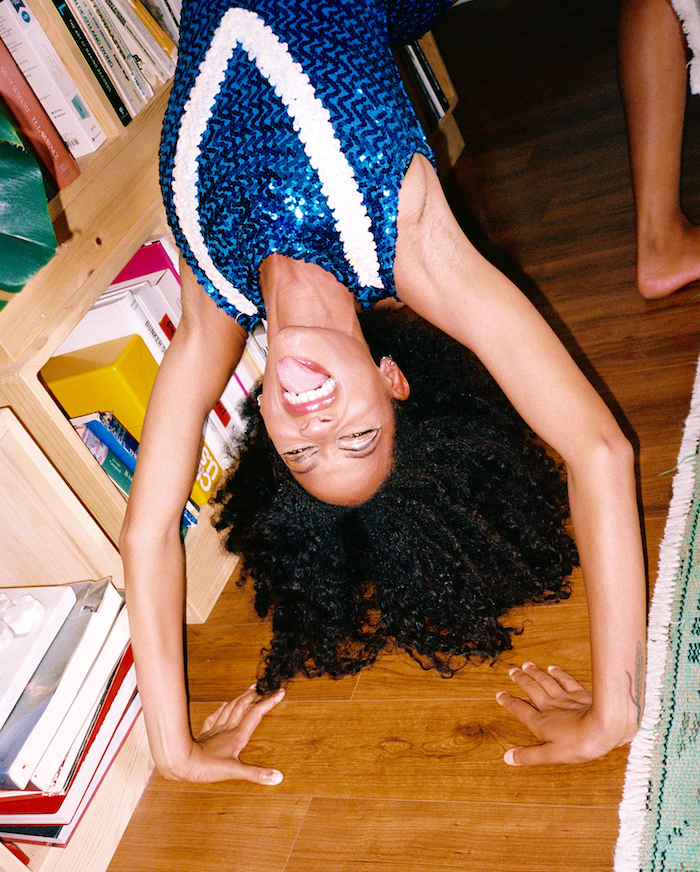
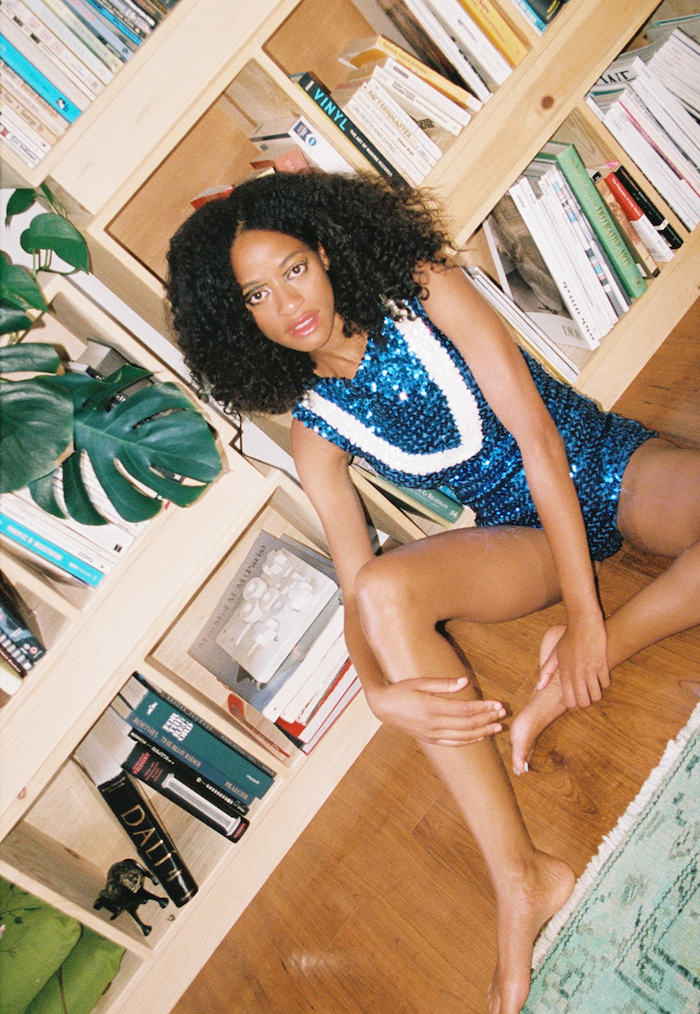
I think whatever unplugging means to us is different for everybody. That was a bit of a trick question, because now it may be virtually impossible. This may be a trick question for you as well. Does the American Dream exist? What does it look like to you — all utopian facades and colloquial representations aside?
I think American Gurl was me just dissecting my own relationship to it. I don't really have a firm position one way or the other. It's like if you want the stereotypical white house and the picket fence and two kids or maybe it's a million dollars or whatever. I think those are all valid. Your dreams are your dreams, you know? I just was really interested in my relationship to achievement. It's something that I never really stopped to really think about. I felt like I was running and running and I was like, 'Wait, actually, what are the things that I actually want that have not just been put on me?' That's what American Gurl was. It was me separating my actual wants, needs, and values from the whole and trying to figure out who I am in that. Of course, I've been brought up under these same thoughts. Sometimes I do want a Prince Charming to come save me so I don't have to work. But there are also times when I wanna be an entrepreneurial superstar and have a huge office with huge windows and build an empire. So I think there are all of these things that are fighting for space in all of us. A lot of things that I've been working towards don't even necessarily align with my values or my goals. So it was really just a recalibration of my own values and trying to wash off a lot of the things that I don't want to take with me into the next space of my life. So this is my public struggle with that and me just wondering if other people think these things too.
It's not something that one day you'll wake up and you'll know. It's definitely something that takes time and growth through time to realize. What brought upon the type of thinking that gave us American Gurl?
I'm kind of always thinking in an existential way. I think that's just part of my nature. I don't know if it's anxiety or if it's just the way that my mind works. So sometimes that can lead to thoughts like these. I started writing this album around 2019, and I was being pulled to and fro. Through the years, as I learned more about the music industry, I learned the ways that artists are groomed for the industry and told what they should and should not do. The world around the music industry, it validates very specific things. So it's like, if I got a playlist cover, someone would be like, 'Oh, you're killing it!' And I would think, 'I got validation. Let me keep going.' These general markers of success in music are very unique. I think it doesn't always breed creativity. I was just doing a lot of things that I didn't actually have the care to do and I was being praised for it. For the things that I did have the care to do, I got zero feedback or got, 'Oh, that's not important.' And, in truth, those things don't matter. At the end of the day, it's a business. All this time I've been trying to be an artist in a business. I think fighting an uphill battle, being a black woman with a vision that makes alternative music, for a really long time it was not accepted or respected. Now that pop-punk has come back, it's a little bit easier. But whenever you're trying to do something unique or different, it's really not an easy path. But I think that being able to navigate that and stick to your values is a feat in itself because a lot of people get so swept up in what the industry wants and what the people want.
Self-realization is a big theme of the album. Another big theme within the album was this nostalgic arcade aspect, as the project opens with a playful nod to games. What character do you feel you play in your own game of life?
I think all people are on their own hero's journey where they're going through ups and downs. We all are put here to fight our own demons or learn our own lessons in life. And I think that those are different for every person. I think what every person unlocks, creates some kind of fuel for the next person. So I try to live my life like that. Whatever I can discover, I'll try to give and share. I think the reason that I did the arcade game was I was trying to weave in my own memories from childhood and weave in my own kind of the world around my childhood. And those also tie in with the album themes. So the arcade game is referencing that the music industry is a game. And how we have to play to win in America. Growing up in Orlando, Florida, which was really close to Coco Beach. I remember going to these places with my grandfather when I was young and seeing these arcades along the boardwalk. It's always been kind of a special place for me.
What song, whether from the Deluxe Version of the album or the original, are you most proud of and why? Can you walk me through the process of whichever song that might be?
This album was really hard to make. I think half of that was because of the pandemic, and I also had a really close death to me. The whole project has so much emotional charge to it. I don't really know what my favorite song is right now. I also don't listen to my music really until after it's settled a bit. I think it'll take me around two years from now to get a decent grasp and to look at American Gurl more objectively. All of this aside, for now, my favorite song would probably be 'Incredible World.' It actually wasn't ever supposed to be on this record. But it's a super special song because I feel like it really characterizes my songwriting style well in that it is hopeful, but then it's also kind of sarcastic and cynical. It dissects the Nuclear family and the American Dream and I really like the vocals and the production.
I think that preserving each person's own version of what the American Dream means is actually a more enlightened interpretation of that concept. As we said this is an ongoing process, but I'm sure that one of the most fulfilling parts of working on the album was being able to work through things that have been imposed upon you, realizing your goals and your actual values, and finding the strength to shed things from the past that no longer serve you. Once reemerged from this bubble of creating the album, who are you now, or who do you hope to be?
I think when you write songs, a lot of times people write to themselves, or they're writing to people that they want to be, or to things that they wish they could do. For example, in the song 'No Apology,' I'm in no way, shape, or form at the state to believe that I'm the person in the song. Maybe in five or 10 years if I'm playing the song live still, I'll have an 'Aha!' moment that I actually became what I wanted to be in that song. I think that's the beautiful part of live performance because there's depth that's added through the seasons. I'm just now learning part of the lesson of what I was trying to like teach myself in this. For me, albums are like books of time in a person's life, just like a diary or a journal could be. So to answer your question, I don't know that I fully learned all of the lessons or dissected everything that I wanted to through that. But I do hope that one day I can listen and think, 'Wow, I really did get past these things.' I do hope that I'm able to choose myself more, to trust myself more, and — even though this is cliche — to believe in the individual path that I have been given. Actually communicating with people in an honest way. Getting rid of a lot of the fluff of life. Reducing my vanity, reducing my need to be liked, and some of the more egotistical parts of what the industry breeds.

